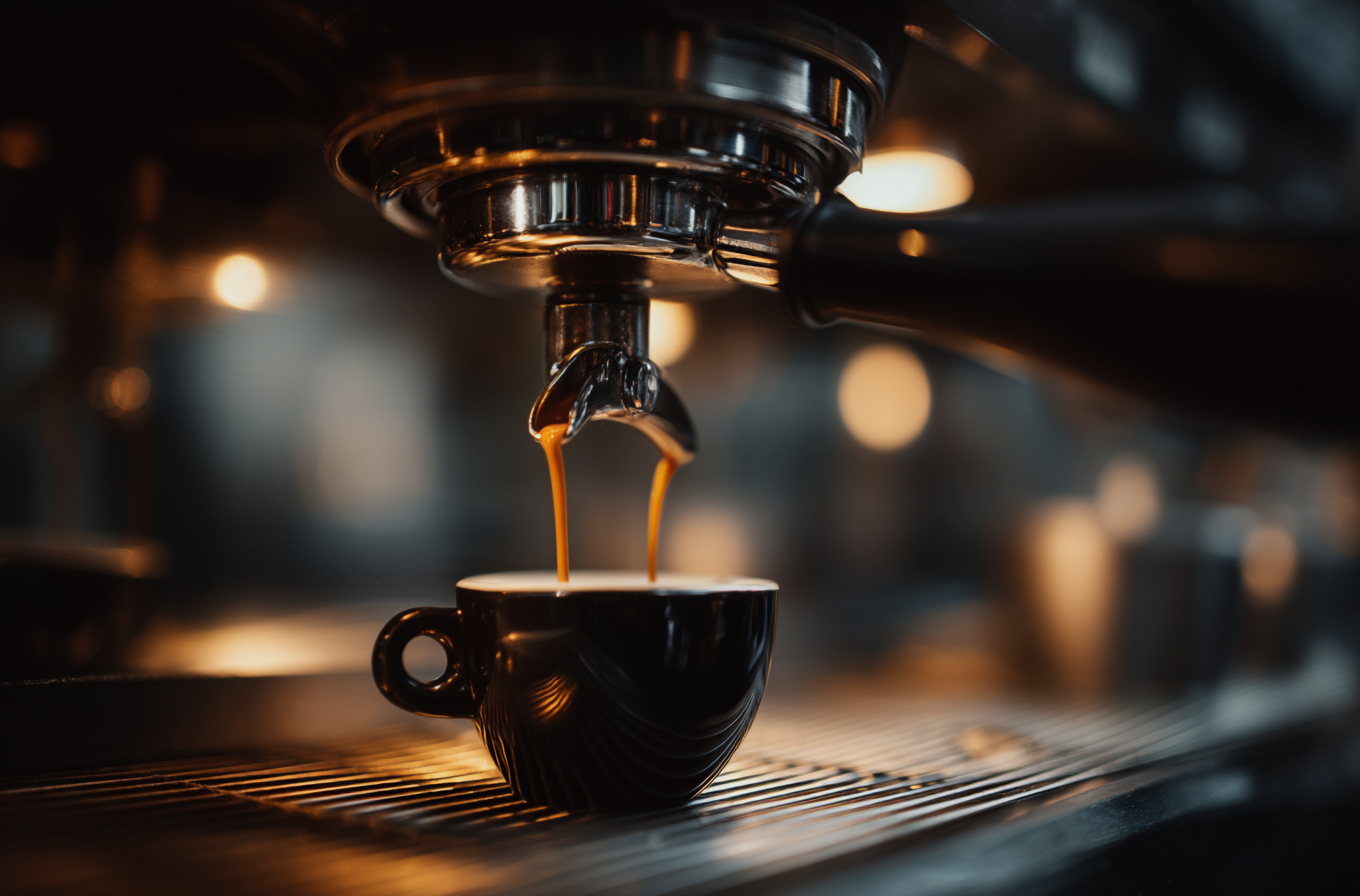
Gone are the times when the only options when choosing coffee were cortado, láteara or black. With the end of the pandemic, an endless number of cafeterias and pastry shops flourished, and today there seems to be no Argentine block without some of these offers. Businesses parallel to the coffee industry incorporated its commercialization as a renovation strategy, and today ice cream parlors sell coffee, bookstores sell coffee and there are even nurseries that joined this wave. There are even more and more newspaper kiosks that readapt their space to sell coffee on the go, and convenience stores at service stations attract a large percentage of their customers thanks to the sale of this product, which means an average of 30% of turnover.
This speaks of an attractive business model for entrepreneurs, who do not require large investments or face excessive costs. Carlos Mellano, vice president of the Gastronomic Hotel Business Federation of the Argentine Republic (FEHGRA), says: "versatility and the search for new formats are intrinsic characteristics of the dynamics of the gastronomic industry, which constantly evolves according to the needs of the consumer."
In this regard, Luciano Morano, an expert consultant in specialty coffee, indicates that with an initial investment of USD 30,000 it is possible to open a coffee shop. "Today it is the top 10 of the businesses that an Argentine thinks of when it comes to entrepreneurship," he adds. The specialist explains that the success of this product responds to its differential in terms of quality: "the key lies in the raw material, and in the awareness of the value of that raw material. The right knowledge and technique can create an elevated experience for consumers."
In CABA alone there are more than 300 specialty coffee shops, according to data collected by the GCBA. However, there are many provinces and cities that have taken the initiative when it comes to leading the development of the segment in the country. Examples such as Mar del Plata, where between 2021 and 2025 more than 300 baristas were trained; Mendoza, where many wineries already offer coffee bars with beans of origin; or Rosario, with establishments included in the ranking of the 100 best coffee shops in the world, account for this reality.
In this way, the sector is positioned as a growing player in regional economies, in a context in which the average Argentine went from consuming one kilo of coffee per capita per year to 2.6, according to roasters' estimates. Such is the degree of penetration of coffee shops in the gastronomic field that in the 2025 edition of Hotelga, a leading event in the HORECA sector, there will be a space specifically dedicated to specialty coffee.
From the centre to the peripheries
The decentralizing trend is not limited to expansion outside CABA, but it is a direction that is also developed within the cities. Specialty coffee shops were born in neighborhoods historically associated with gastronomy and new trends, such as Palermo in CABA or Nueva Córdoba in CBA, but the sudden growth also caused a certain degree of saturation, so entrepreneurs and businessmen began to ponder new locations.
Thus, with these cafeterias as a banner, he began a process of forming new gastronomic poles that transform the DNA of different neighborhoods throughout the country, far from the traditionally central areas. In the City of Buenos Aires, neighborhoods such as Villa Devoto and Paternal are perfect examples of this trend. So are the gourmet popsicles of Godoy Cruz in Mendoza and Barrio Güemes in Nueva Córdoba.
This dynamic represents a significant boost to the economic and cultural life of the neighborhood, since it functions as a great boost to commercial activity, and, therefore, to the generation of employment. It also has a positive impact on the revaluation of public space, since the creation of new poles is usually accompanied by urban improvement works, which also motivates a process of real estate revaluation.
Which came first: supply or demand?
A fundamental actor in the development of this process is, without a doubt, the consumer. The Argentine coffee drinker mutated over the years towards previously unthinkable levels of demand. Factors such as product traceability, the implementation of new flavors and seed varieties, and the preference for aesthetic and caring environments are central to customers' consideration. In addition, the offer presented by these cafeterias represents a quality option without reaching exorbitant prices. In this way, the middle classes have adopted them as their daily "taste". Something like an accessible luxury.
The search for comfort and proximity also significantly influenced the proliferation of these premises. The security of having quality offers close to home is an incalculable benefit for these consumers, who tend to value the articulation between neighborhood identity and gastronomic quality. Another important aspect has to do with the "new normal" left by the pandemic: many times, those who work under the home office modality need to find pleasant spaces to separate work life from home life, and they find in specialty cafeterias an ideal ally in this regard. The multiplication of premises with coworking spaces is a reflection of this demand.
In short, it can be said that the key that explains the success of these establishments responds to the generation of complete experiences. The feedback between the needs of new consumers, advances in professional training and the commercial initiative of entrepreneurs and businessmen built an Argentina in which, for years, coffee ceased to be routine and became a ritual.
Social media:
https://www.facebook.com/hotelgaferia
https://x.com/Hotelgaferia
https://www.instagram.com/hotelga_feria
Hashtags
#Hotelga #Hotelga2025
Contacts: Natalia Porta Communication and Press Manager Carolina Del Pozo |
Camila Loch Press Consultant - Mauro y AsociadosTel: +54 2324 558730 |
